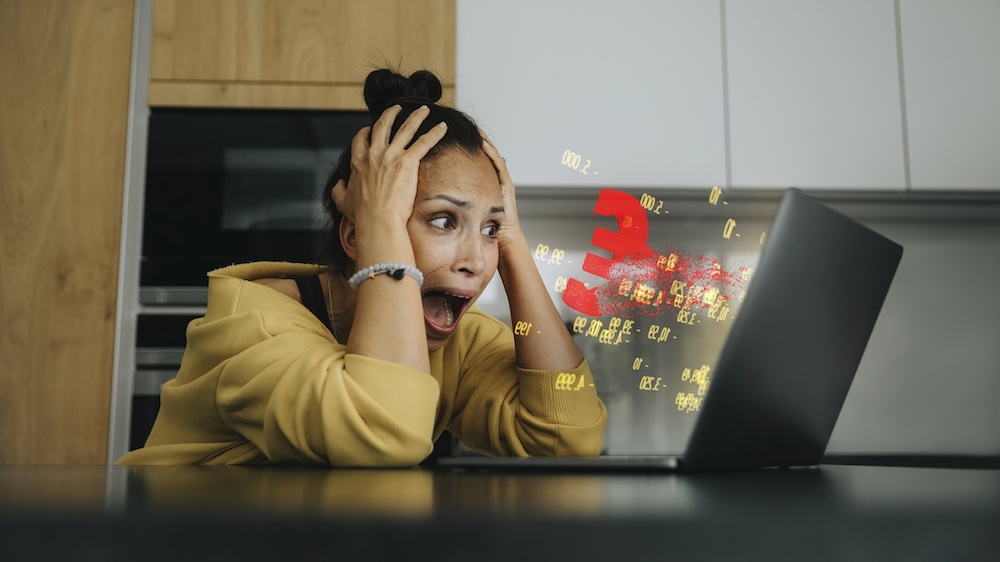If you’re interested in sharing your opinion on any cultural, political or personal topic, create an account here and check out our how-to post to learn more.
____
The recent testimony by Facebook whistleblower Francis Haugen in the U.S. Senate did not reveal much information that most observers of the current misinformation crisis did not already suspect. Instead, her testimony highlighted the depth of the misinformation crisis that Facebook helped accelerate. Her testimony was remarkable for its specificity and clarity in outlining the issue and calling for action.
It remains to be seen whether political leaders who have been slow to understand the problem will take up the mantle and propose regulations to tackle the misinformation crisis. With many U.S. counties declaring medical misinformation a public health crisis due to rising COVID fatalities and election fraud misinformation leading to the January 6 attempted coup, the stakes could not be higher.
One step towards addressing this issue is introducing media literacy skills as a mandatory addition to school curriculums. This would equip the next generation to be better consumers of information. Media literate individuals can better decode media messages they receive, apply critical thinking and discern the difference between real journalism and propaganda.
Over the past couple of decades, the traditional news media model has fractured and digital platforms increasingly command a significant share of the media market. These include the more traditional news formats but also memes, viral videos and social media posts. Young people increasingly absorb information on these platforms. Increasing their media literacy would equip them to more safely engage with the information they are interacting with and think critically about the source of information. It would also train them to decipher between journalism, opinion, sponsored content and propaganda.
Media literacy skills are the essential complement to social studies for the digital age. As Thomas Jefferson said, "An educated citizenry is a vital requisite for our survival as a free people." We know through our lived experience that misinformation weakens democracy. Politicians can weaponize misinformation to whip up resentment and fake culture wars while also eroding societal norms.
Facebook insiders have been sounding the alarm that the company is placing profits over people. Some have argued that the burden on discerning misinformation is on the users of these platforms. They say that social media platforms are simply providing a platform for the free exchange of ideas, the argument goes. This argument ignores the role that these platforms play in amplifying harmful content.
Facebook algorithms amplify content designed to whip up strong emotions like outrage, intended to keep users engaged. Users are not well equipped to contend with highly sophisticated algorithms designed to trigger their emotions. Media literacy alone will not solve this issue, but it’s a critical step in combating the crisis.
Digital platforms like Facebook have proven to be either unwilling or incapable of putting in the proper safeguards to moderate the spread of misinformation. Politicians have also shown a lack of political will and are not introducing regulations to bring real change. In the face of this inaction, the least we can do as a society is to equip the next generation with the tools and skills needed to face the torrent of misinformation we know they will have to contend with.
